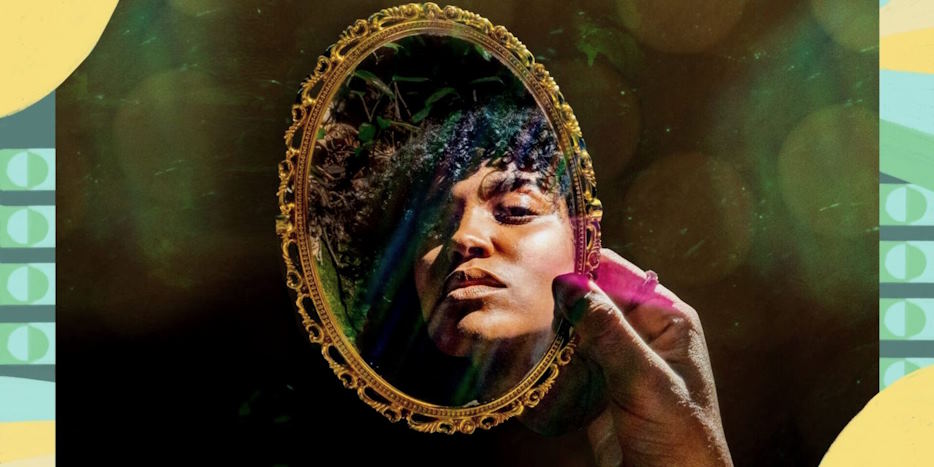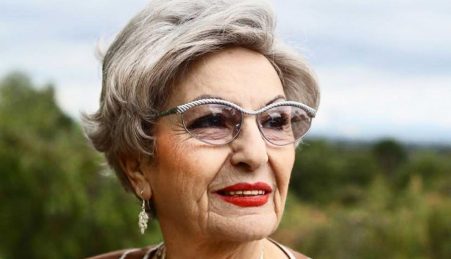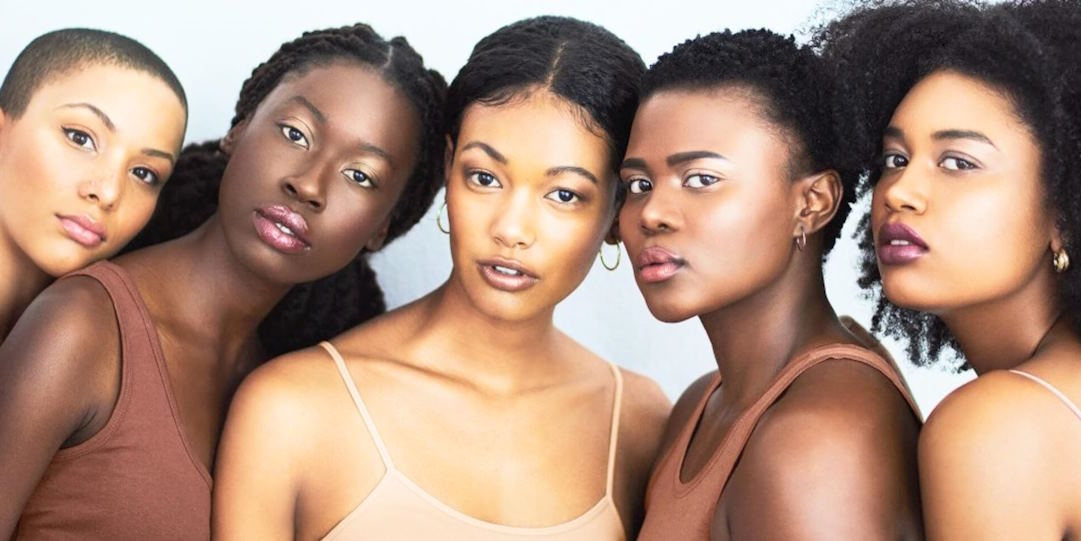Beauty standards, deeply embedded in historical, cultural, and societal contexts, have significantly shaped perceptions of women’s appearance over time. These standards, often perpetuated by media and advertising, have positively and negatively impacted women’s self-image and self-esteem. Let’s delve into the historical and cultural context of beauty standards and how they’ve influenced perceptions of women’s appearance:
Historical and Cultural Context
Historical Variability
Beauty standards have varied widely throughout history and across cultures. What is considered beautiful today may have been different in the past.
Cultural Diversity
Different cultures have distinct beauty ideals based on traditions, values, and historical context. For example, certain cultures emphasize specific body features or skin tones.
Media’s Role in Perpetuating Unrealistic Ideals
Body Image and Media
The media has played a powerful role in shaping beauty ideals. Unrealistic portrayals of women’s bodies in movies, advertisements, and magazines can create unrealistic expectations.

Digital Enhancement
The prevalence of digitally altered images in media has contributed to unrealistic beauty standards. Airbrushing and photo editing often result in an unattainable portrayal of flawless beauty.
Homogenized Ideals
Media tends to promote a narrow, homogenized standard of beauty, leaving out diversity in body shapes, sizes, and ethnic backgrounds.
Negative Impacts and Positive Shifts
Negative Body Image
Unrealistic beauty standards can lead to dissatisfaction and negative body image. It, in turn, can contribute to mental health issues such as anxiety and depression.
Empowerment Movements
Recently, there has been a shift towards celebrating diverse beauty. Body positivity and inclusivity movements aim to challenge conventional standards and promote self-acceptance.
Changing Narratives
Brands and media outlets increasingly embrace more diverse models and narratives to counter the harmful impact of unrealistic beauty ideals.
Encouraging Healthy Perspectives
Media Literacy
Educating young people about media manipulation and photo editing tools can help them discern between reality and digital alterations.
Celebrating Diversity
Encouraging the representation of diverse body types, skin tones, and backgrounds in media helps promote more realistic and inclusive beauty standards.
Promoting Self-Love
Encouraging self-love and self-acceptance helps individuals develop a healthy relationship with their bodies, irrespective of societal standards.





 I’m an uncomplicated individual who appreciates simplicity in all aspects of life, yet I harbor grand ambitions. Working in the beauty industry has afforded me incredible opportunities to connect with remarkable individuals within the field. However, my passion for beauty and fashion runs deep, which led me to embark on a journey into the world of blogging.
I’m an uncomplicated individual who appreciates simplicity in all aspects of life, yet I harbor grand ambitions. Working in the beauty industry has afforded me incredible opportunities to connect with remarkable individuals within the field. However, my passion for beauty and fashion runs deep, which led me to embark on a journey into the world of blogging.